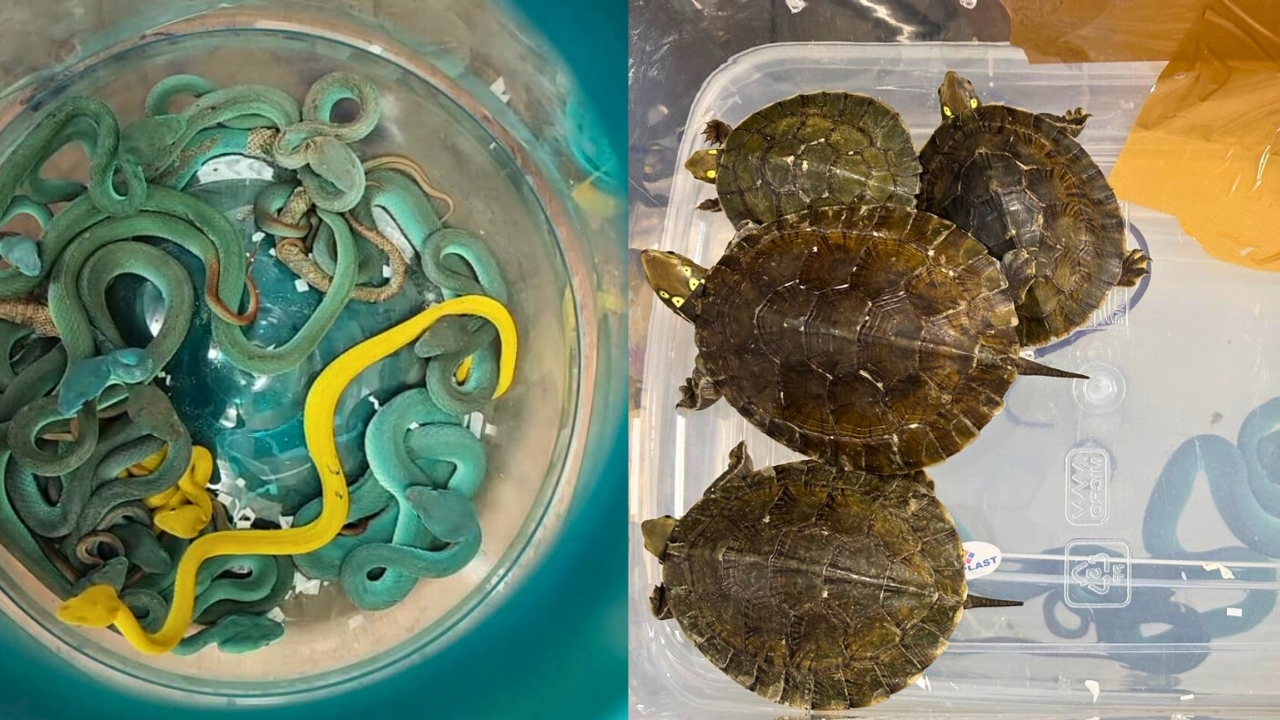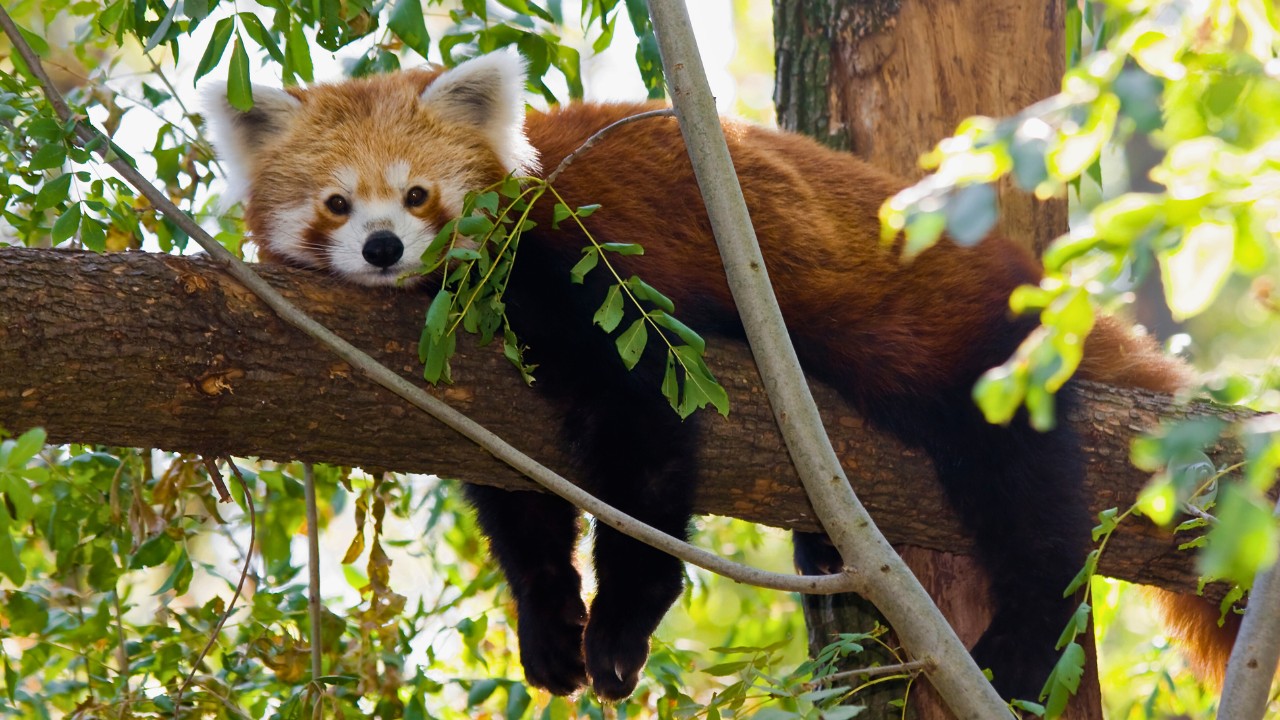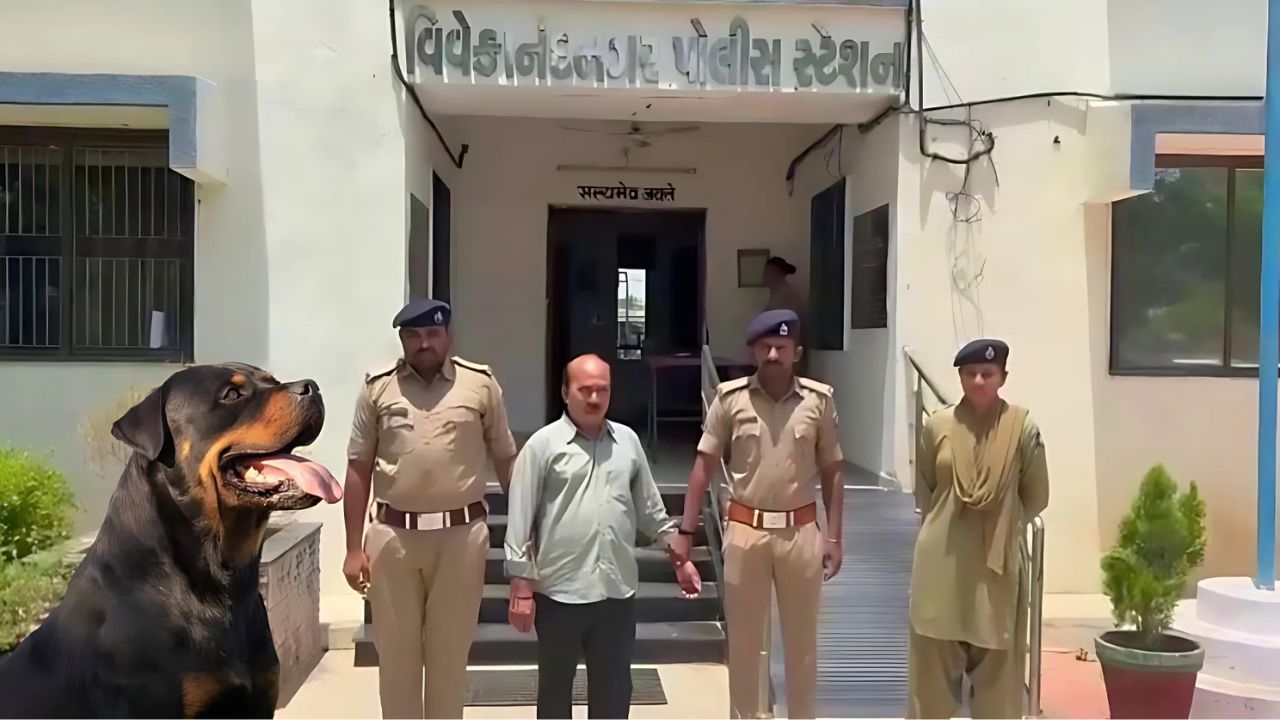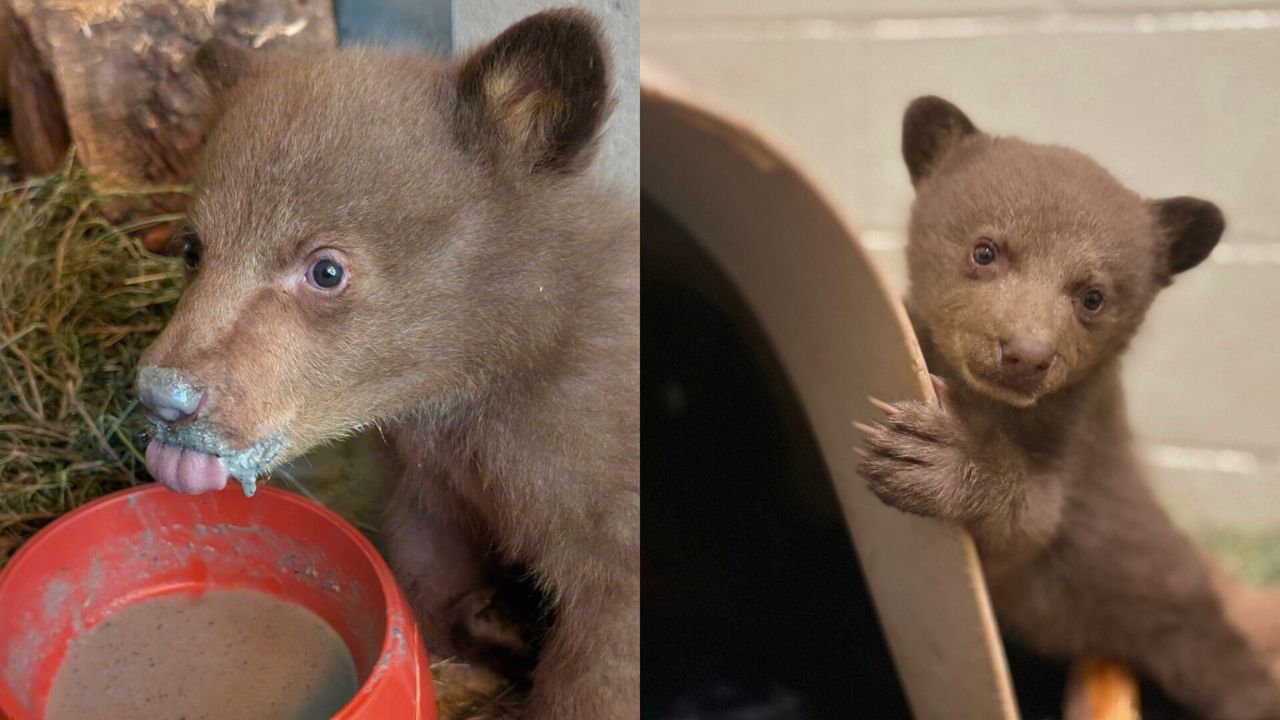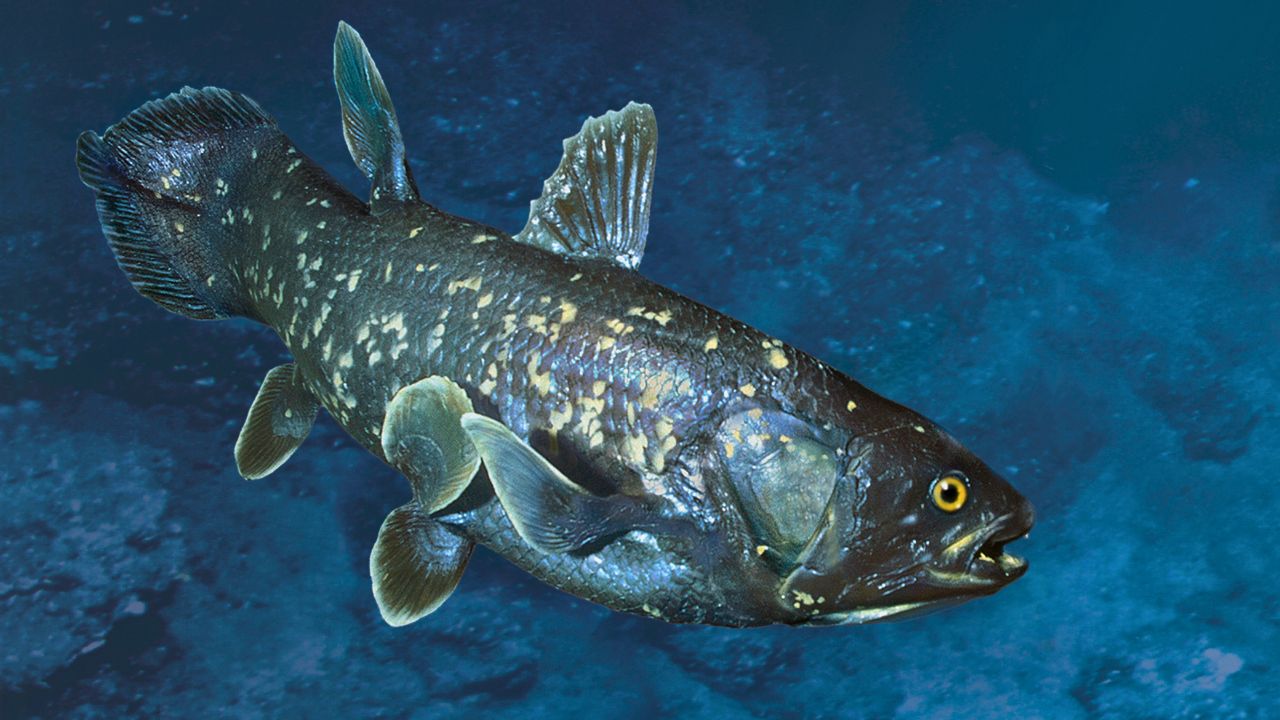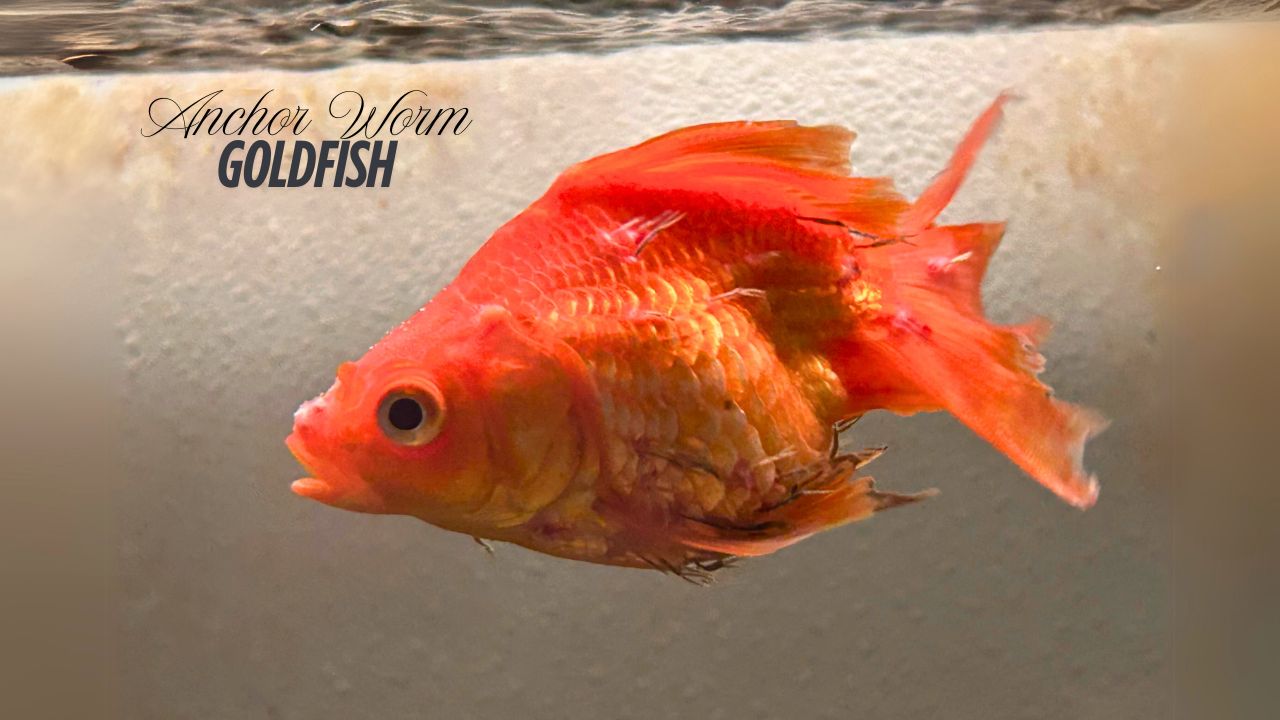An Indian national traveling from Bangkok on Thai Airways flight TG317 was stopped by customs officers at Mumbai’s Chhatrapati Shivaji Maharaj International Airport on May 31, 2025. Officials inspected the passenger’s baggage thoroughly after receiving a tip and noticing the suspicious behavior. They were shocked to discover 52 exotic reptiles hidden inside the luggage.
A Closer Look at the Seized Reptiles
Among the animals seized were:
- 44 The highly venomous Indonesian pit vipers (Trimeresurus insularis) are distinguished by their vivid coloring.
- Spider-tailed horned vipers (Pseudocerastes urarachnoides) are one of three rare snakes with unusual tail adaptations that entice prey.
- 5 Asian Leaf Turtles: Native to Southeast Asia, these semi-aquatic turtles are Cyclemys dentata.
Regrettably, the tense circumstances during transportation likely led to the discovery of one dead pit viper.
Conservation Issues and Legal Consequences
Smuggling these reptiles violates several laws.
- Schedule IV of the Wildlife Protection Act of 1972 protects all three species from hunting and trade.
- CITES, the Convention on International Trade in Endangered Species of Wild Fauna and Flora, Appendix II lists the Asian leaf turtle and spider-tailed horned viper, which are not necessarily in danger of becoming extinct but could be if trade is not strictly regulated.
The passenger lacked the license required by the Directorate General of Foreign Trade to import live animals into India.

Customs officers sought assistance from the Resqink Association for Wildlife Welfare (RAWW) to safely handle and identify the reptiles after finding them. To make sure that the correct legal procedures were followed, the Wildlife Crime Control Bureau (WCCB) was also involved.
The Byculla Zoo in Mumbai temporarily housed the reptiles while they made decisions about their return to their home countries.
This incident highlights an increasing pattern of wildlife trafficking via Indian airports. A passenger was caught trying to smuggle five baby Siamang Gibbons from Kuala Lumpur earlier in February 2025 by customs officers at the same airport. Due to their inclusion in CITES Appendix I, these primates are considered endangered.
Public health and biodiversity are seriously threatened by the illegal wildlife trade. Transporting venomous snakes and other exotic animals increases the risk of invasive species introduction and possible disease transmission. Furthermore, these animals frequently have high mortality rates as a result of the stress they endure during smuggling.
To stop wildlife trafficking, customs officers keep improving their surveillance and inspection procedures. Working together with international organizations and wildlife specialists is essential to spotting and stopping such illicit activity.

